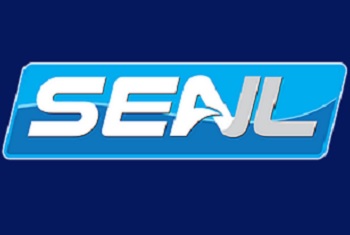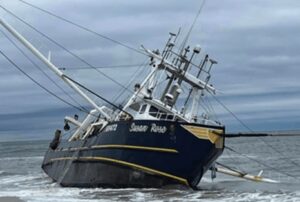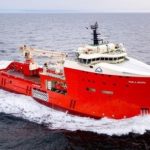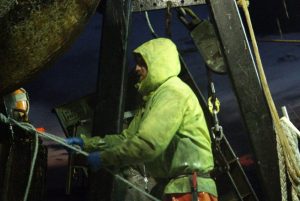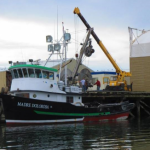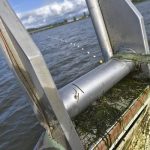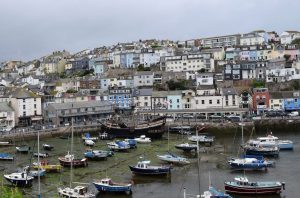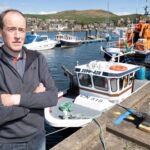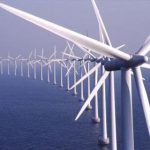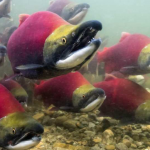Tag Archives: DFO science
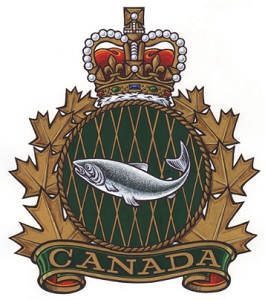
Déjà vu for NL Fish Harvesters: DFO Science Falls Short on Surveys, Again
Fish harvesters in Newfoundland and Labrador are expressing their concern and dismay after DFO Science communicated yesterday evening that the Fall multi-species survey will once again be incomplete this year. Underfunding coupled with dilapidated survey vessels means the multi-species surveys conducted by DFO falling short of capturing meaningful, up-to-date data on key commercial species such as Atlantic cod and snow crab. “When there is limited up-to-date data available, DFO is unable to make informed decisions about resource management. This has profound implications for fish harvesters and their livelihoods when decisions are being made to delay fisheries development,” says FFAW-Unifor President Keith Sullivan. >click to read< 09:26
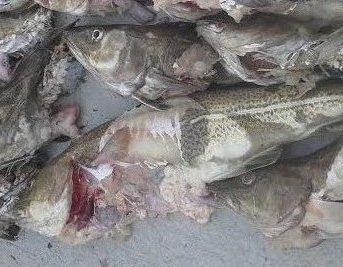
Woefully inadequate – DFO’s science on impact of seal population doesn’t go nearly far enough
Efforts by the Department of Fisheries and Oceans to measure the impact of the massive seal population in Atlantic Canada are “woefully inadequate,” according to a newly released task force report. The industry-led report, which was commissioned by DFO, disputes the department’s claims that, for the most part, seals are not harming fish populations. Industry has long argued that seals are having significant impacts on groundfish stocks, pelagic stocks, shellfish and salmon. >click to read< 09:13
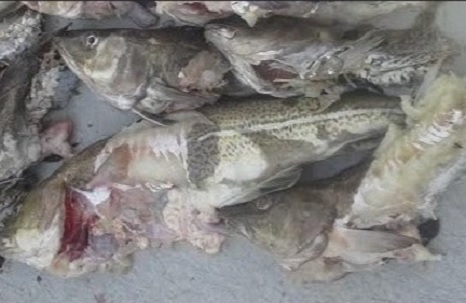
Mismanaged Since 1949 II: DFO wants to clear the air about the role of seals and focus on ecosystems. Lol.
DFO estimates the Northwest Atlantic harp seal population at 7.6 million, the highest on record (based on 2017 data), at more than triple the population of 50 years ago and still steadily increasing. But Mr. Russell’s concerns are at odds with DFO science, which says the harp seal population is not a major factor in declining fish stocks. Instead, DFO officials offer a different explanation, one that’s harder for local fishermen to accept: that climate change is at the root of the problem. DFO officials held a technical briefing at the end of June to address what they described as “misinformation” about the impacts of seals on fish such as Atlantic cod and capelin in Newfoundland and Labrador waters. During the one-hour briefing, geared toward media, the officials presented the North Atlantic seal as less of a scoundrel and more of a scapegoat. >click to read< 21:12
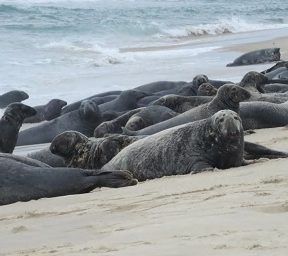
No Action! Seal problem still not being dealt with
Here we go again DFO sciences saying the cod stocks are still declining and they blamed everything under the sun for the reason of the decline except the real reason which are the seals. The seals are not only putting the cod stocks in danger but also the Atlantic salmon stocks, the crab stocks and the saltwater trout stocks etc. Neil Smith, >click to read< 17:44
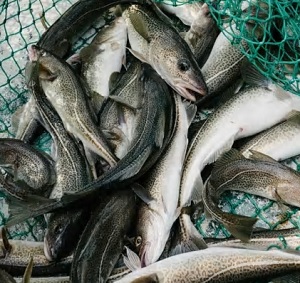
Disappointed by cut to cod quota, FFAW president says stocks can handle larger harvest
The president of Newfoundland and Labrador’s largest fishermen’s union says the province’s cod stocks can handle a greater harvest and didn’t need to see this year’s commercial quota cut. Keith Sullivan of the Fish, Food & Allied Workers’ Union told CBC Radio’s The Broadcast that the 25 per cent cut to this year’s quota will hurt Newfoundland and Labrador communities that are heavily reliant on the fishery. “It doesn’t really take into consideration the livelihoods what people depend on the fishery, whether you’re a fish harvester or you work in a plant or the entire economy of coastal communities,” said Sullivan. >click to read<20:13
Inshore harvesters, including a member of FFAW’s inshore council dispute snow crab science
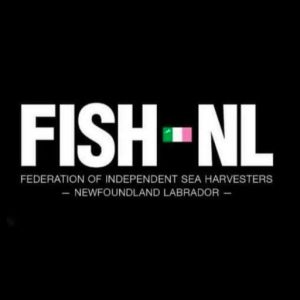 The Federation of Independent Sea Harvesters of Newfoundland and Labrador (FISH-NL) questions why the federal Department of Fisheries and Oceans would report poor scientific signs of snow crab when it’s not the full picture of the state of the resource. The results of crab surveys carried out by inshore harvesters won’t be available until December. “The science is only half of the story — inshore harvesters have the other half,” says Ryan Cleary, President of FISH-NL. “This shows the same old disconnect exists between DFO science and what harvesters are reporting on the water. Why does DFO report doom and gloom when all the information is not on the table?” click here to read the press release 09:19
The Federation of Independent Sea Harvesters of Newfoundland and Labrador (FISH-NL) questions why the federal Department of Fisheries and Oceans would report poor scientific signs of snow crab when it’s not the full picture of the state of the resource. The results of crab surveys carried out by inshore harvesters won’t be available until December. “The science is only half of the story — inshore harvesters have the other half,” says Ryan Cleary, President of FISH-NL. “This shows the same old disconnect exists between DFO science and what harvesters are reporting on the water. Why does DFO report doom and gloom when all the information is not on the table?” click here to read the press release 09:19







